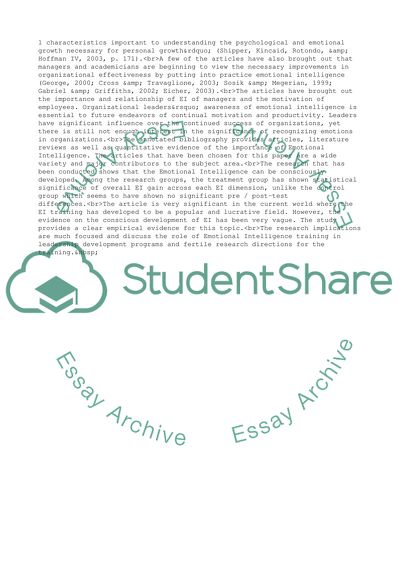Cite this document
(“Emotional Intelligence of Managers and its Affects Article”, n.d.)
Emotional Intelligence of Managers and its Affects Article. Retrieved from https://studentshare.org/management/1558169-management-organisational-behavior
Emotional Intelligence of Managers and its Affects Article. Retrieved from https://studentshare.org/management/1558169-management-organisational-behavior
(Emotional Intelligence of Managers and Its Affects Article)
Emotional Intelligence of Managers and Its Affects Article. https://studentshare.org/management/1558169-management-organisational-behavior.
Emotional Intelligence of Managers and Its Affects Article. https://studentshare.org/management/1558169-management-organisational-behavior.
“Emotional Intelligence of Managers and Its Affects Article”, n.d. https://studentshare.org/management/1558169-management-organisational-behavior.


